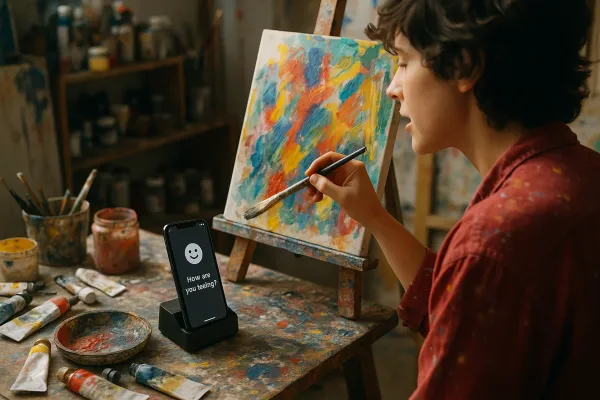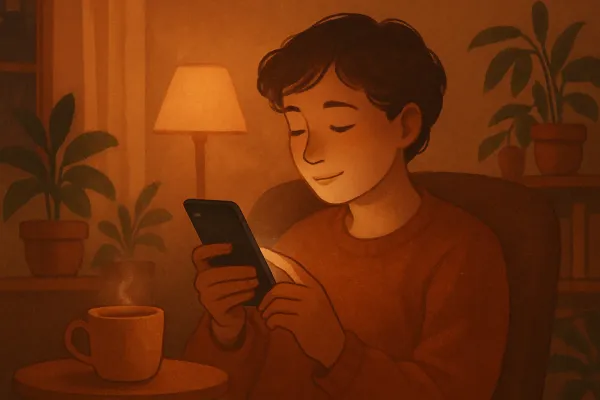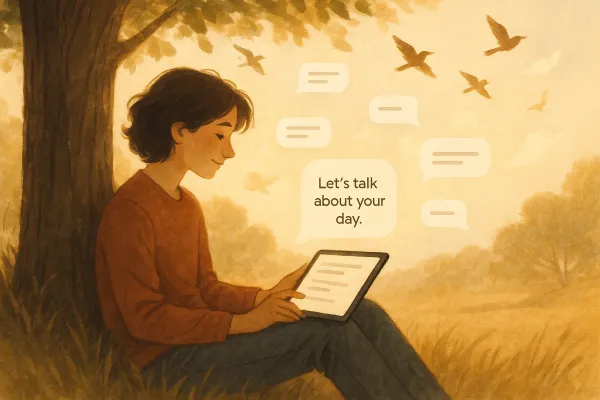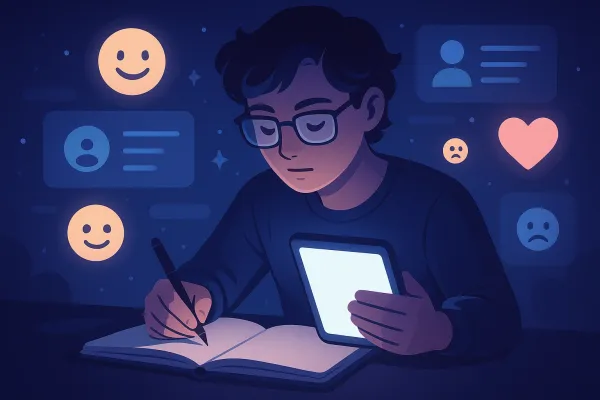Breaking the Stigma: Why Open Conversations About Mental Health Matter

Education is a powerful tool in this process; when people are informed about the realities of mental health, they are more likely to replace fear and prejudice with empathy and understanding. Schools, workplaces, and media all have a responsibility to foster environments where mental health can be discussed without shame, using accurate information and positive language to challenge stereotypes and promote acceptance.

The impact of breaking mental health stigma is profound. When stigma is reduced, individuals are Breaking the stigma surrounding mental health is essential for building a society where individuals feel safe, supported, and empowered to seek help when they need it. Stigma arises from longstanding misconceptions, fear, and a lack of understanding about mental health conditions, often leading to prejudice, discrimination, and social exclusion for those affected. This stigma not only impacts individuals living with mental illness but also their families and communities, creating barriers to open discussion and timely intervention. When people feel judged or misunderstood, they are less likely to acknowledge their struggles or reach out for support, which can worsen symptoms and delay recovery.

Open conversations about mental health play a crucial role in dismantling these barriers. By talking honestly about mental health challenges-whether through personal stories, community discussions, or public campaigns-we help normalize these experiences through Human-AI and show that mental health issues are common and treatable more likely to seek help early, leading to better outcomes and improved quality of life Open dialogue encourages a culture of compassion, where people feel valued and supported rather than isolated. This shift not only benefits those directly affected by mental health conditions but also strengthens communities as a whole, fostering resilience, inclusion, and collective well-being. Ultimately, by embracing open conversations and challenging stigma, we create a more understanding and supportive world-one in which no one has to face mental health challenges alone.



